Cannabis companies are facing a trademark tug-of-war as they try to protect their brands. Here’s what you need to know:
- Federal trademark registration isn’t available for cannabis products
- Companies are getting creative with state-level trademarks and related products
- Big brands are suing cannabis companies for similar names/logos
- Courts usually side with established brands
Key cases:
| Case | Outcome | Lesson |
|---|---|---|
| Starbucks vs. Starbuds | Starbuds forced to rebrand | Don’t copy famous brands |
| Wrigley vs. Terphogz (Zkittlez) | Zkittlez name banned | Parody isn’t a defense |
| Hershey vs. TinctureBelle | TinctureBelle products destroyed | Avoid lookalike packaging |
Takeaways for cannabis companies:
- Create unique, original branding
- File state trademarks where possible
- Consider federal trademarks for related legal products
- Be ready for potential federal law changes
The cannabis trademark landscape is evolving rapidly. Companies with strong, distinctive brands will be best positioned as laws change.
Related video from YouTube
Trademark Law in Cannabis
Cannabis companies can’t get federal trademark protection. Why? The U.S. Patent and Trademark Office (USPTO) won’t register trademarks for products that break federal law. And cannabis is still illegal at the federal level.
But it’s not all doom and gloom. Cannabis companies have some options:
- State-level trademarks
- Common law rights
- Federal trademarks for legal, related products
Let’s dive in.
Trademark Options for Cannabis Companies
State-Level Protection
Cannabis companies can get state trademarks where weed is legal. The downside? They only work in that state.
Common Law Rights
Using a trademark in business can create some rights, even without registration. But these are limited and tougher to enforce.
Federal Workarounds
Some cannabis companies get clever. They trademark legal products related to their brand:
| Product Type | Example |
|---|---|
| Clothing | T-shirts with company logo |
| Accessories | Rolling papers or pipes |
| Services | Cannabis education classes |
Hemp and CBD
The 2018 Farm Bill changed things for hemp. Now, companies can get federal trademarks for hemp products with less than 0.3% THC.
Naming Challenges
Creating unique names is tough for cannabis companies. Common terms are often taken or too generic.
Aaron Pelley from Harris Sliwoski says:
"You can’t protect yourself until you’re in the marketplace. But you have to show proof that you’ve sold something in the marketplace before you can get a trademark."
Tips for Cannabis Companies
- Check existing trademarks before naming
- Avoid common cannabis terms
- Create unique names
- File for state trademarks where possible
- Consider federal trademarks for related, legal products
Tim Sitzmann from Winthrop & Weinstine sums it up:
"The interplay between state and federal law is one of the biggest concerns when it comes to trademarks."
The cannabis trademark world is tricky. But with smart planning, companies can build and protect their brands, even with current legal limits.
Hershey vs. TinctureBelle Case
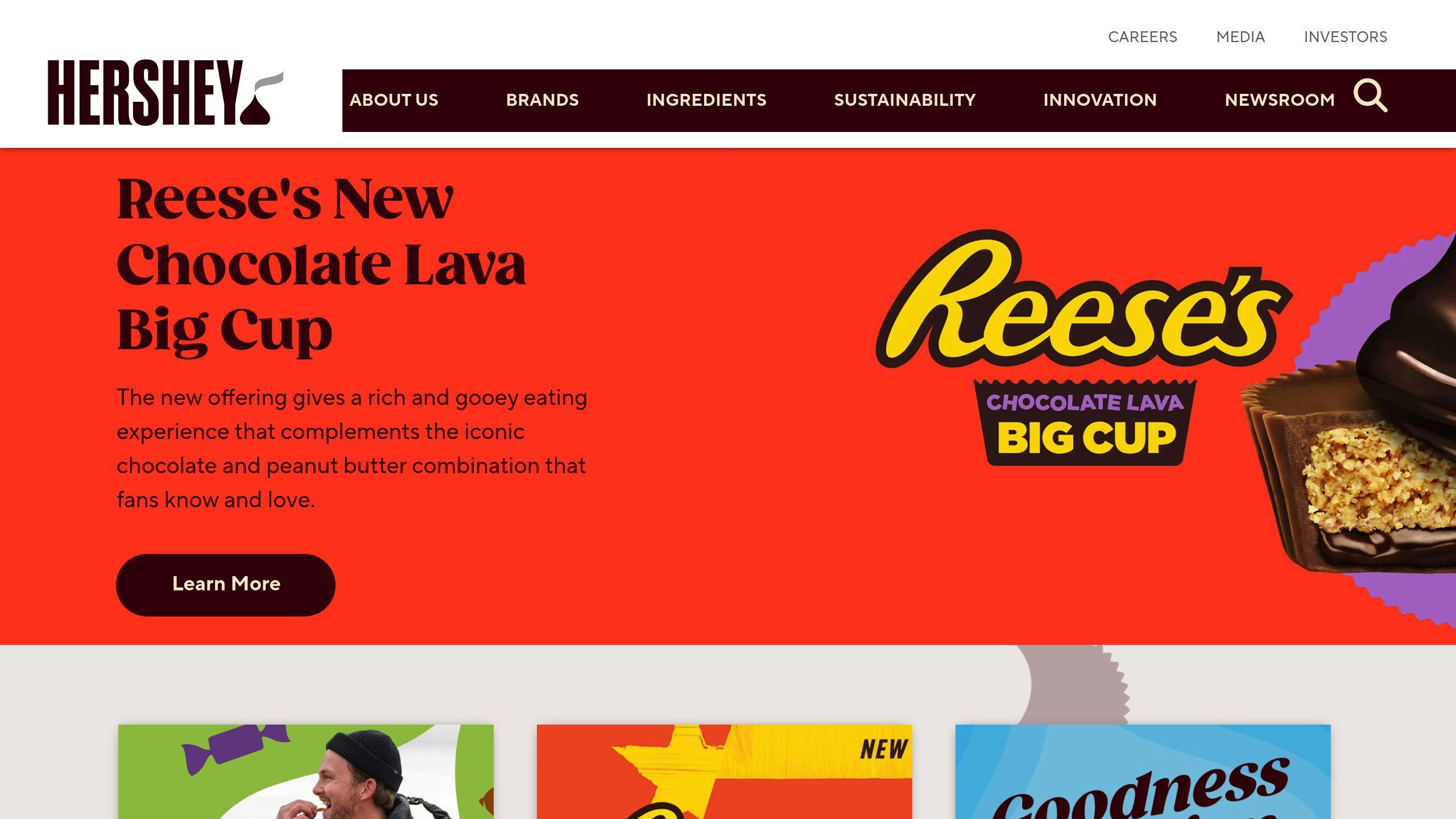
Hershey Co. sued TinctureBelle, a Colorado cannabis company, in June 2014. Why? TinctureBelle was selling weed-infused treats that looked a lot like Hershey’s famous candies.
Here’s the scoop:
TinctureBelle’s products were dead ringers for Hershey’s classics:
| Hershey’s Original | TinctureBelle’s Copy |
|---|---|
| Reese’s Peanut Butter Cups | Hashees Peanut Butter Cups |
| Heath Bar | HashHeath |
| Almond Joy | Ganja Joy |
| York Peppermint Patty | Dabby Patty |
Hershey wasn’t happy. They sued for trademark infringement, worried that kids might mistake these cannabis products for regular candy.
Jeff Beckman from Hershey said:
"This case is no different from the many other types of trademark infringement we regularly pursue."
But TinctureBelle’s president, Char Mayes, was caught off guard:
"The lawsuit from Hershey came as a huge surprise to us… we changed our entire label line approximately 6 months ago, long before these allegations surfaced last week."
The case wrapped up fast. TinctureBelle had to stop selling the copycat products, trash their inventory, and keep quiet about Hershey.
What’s the takeaway? Big brands are eyeing the cannabis market. And cannabis companies? They need to get creative with their own branding, not just copy the big guys.
2. Better Made vs. Michigan Cannabis Companies Case
In March 2024, Better Made Snack Foods Inc. sued several Michigan cannabis operators. The 94-year-old potato chip company claims the "Better Smoke" brand infringes on their trademark.
Legal Arguments and Effects
Better Made’s lawsuit targets over a dozen cannabis operators, including IVP Holding, LLC and Zen Republic, LLC. Their main arguments:
1. Trademark Infringement
Better Made says the "Better Smoke" logo looks too much like theirs. They worry customers might get confused.
2. Brand Dilution
The chip maker claims these cannabis companies are weakening their brand’s uniqueness.
3. Reputation Damage
Better Made fears being linked to cannabis could hurt their image in Michigan.
This legal battle brings up some big issues:
| Issue | Impact |
|---|---|
| Brand Protection | Shows how food companies struggle to protect trademarks from cannabis industry use |
| Consumer Confusion | Questions if customers might mistake cannabis products for regular snacks |
| Industry Boundaries | Tests trademark law when companies from different sectors have similar branding |
Better Made wants the court to:
- Ban the defendants from using Better Made trademarks
- Destroy all infringing product labels and materials
- Hand over profits from Better Smoke products
- Pay damages
This case could set the tone for how old-school brands defend their trademarks against new cannabis companies. It also shows why cannabis businesses need to create their own unique branding.
As cannabis goes mainstream, we might see more cases like this. Courts will have to balance protecting trademarks with the needs of the growing cannabis market.
3. Wrigley vs. Steven Mata (OC420) Case
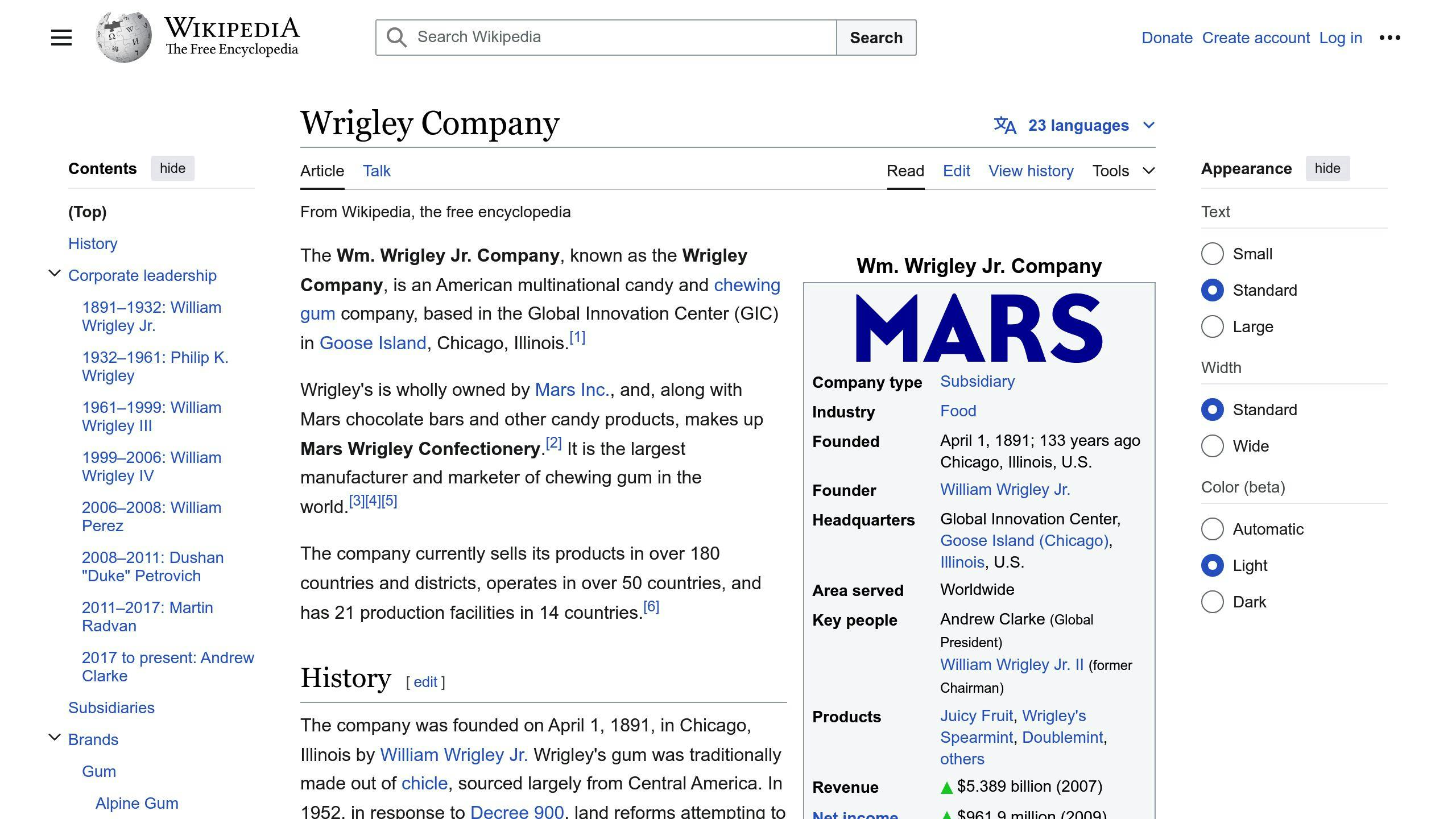
Wrigley just scored a big win against a cannabis company. Here’s what happened:
Steven Mata, who owns OC420 Collection, got slapped with a major lawsuit. Why? He was selling weed-infused candies that looked just like Skittles and Starburst.
The court didn’t mess around. They found Mata guilty of trademark infringement and hit him with a $2 million fine per counterfeit mark. Plus, he has to give up all profits from his knockoff candies.
Here’s the kicker: The court called Mata’s actions "willful and malicious." That means he can’t wiggle out of this debt through bankruptcy.
Mata’s products were pretty blatant copies. He called them "Medicated Skittles" and "Medicated Cannaburst Gummies." Not exactly subtle.
The court sided with Wrigley on everything:
| Wrigley’s Claims | Court’s Findings |
|---|---|
| Counterfeiting trademarks | Guilty |
| Dilution of famous trademarks | Guilty |
| Unfair competition | Guilty |
So, what can other cannabis companies learn from this?
- Don’t try the "it’s just a parody" defense. It won’t fly.
- Stay away from big brand names, even if you’re in a different industry.
- Get creative with your own branding.
- Know the risks. Trademark infringement can cost you big time.
Bottom line: As the cannabis industry grows up, companies need to play by the rules. That means original branding and staying on the right side of the law.
4. Toys R Us vs. ZAZA R US Case
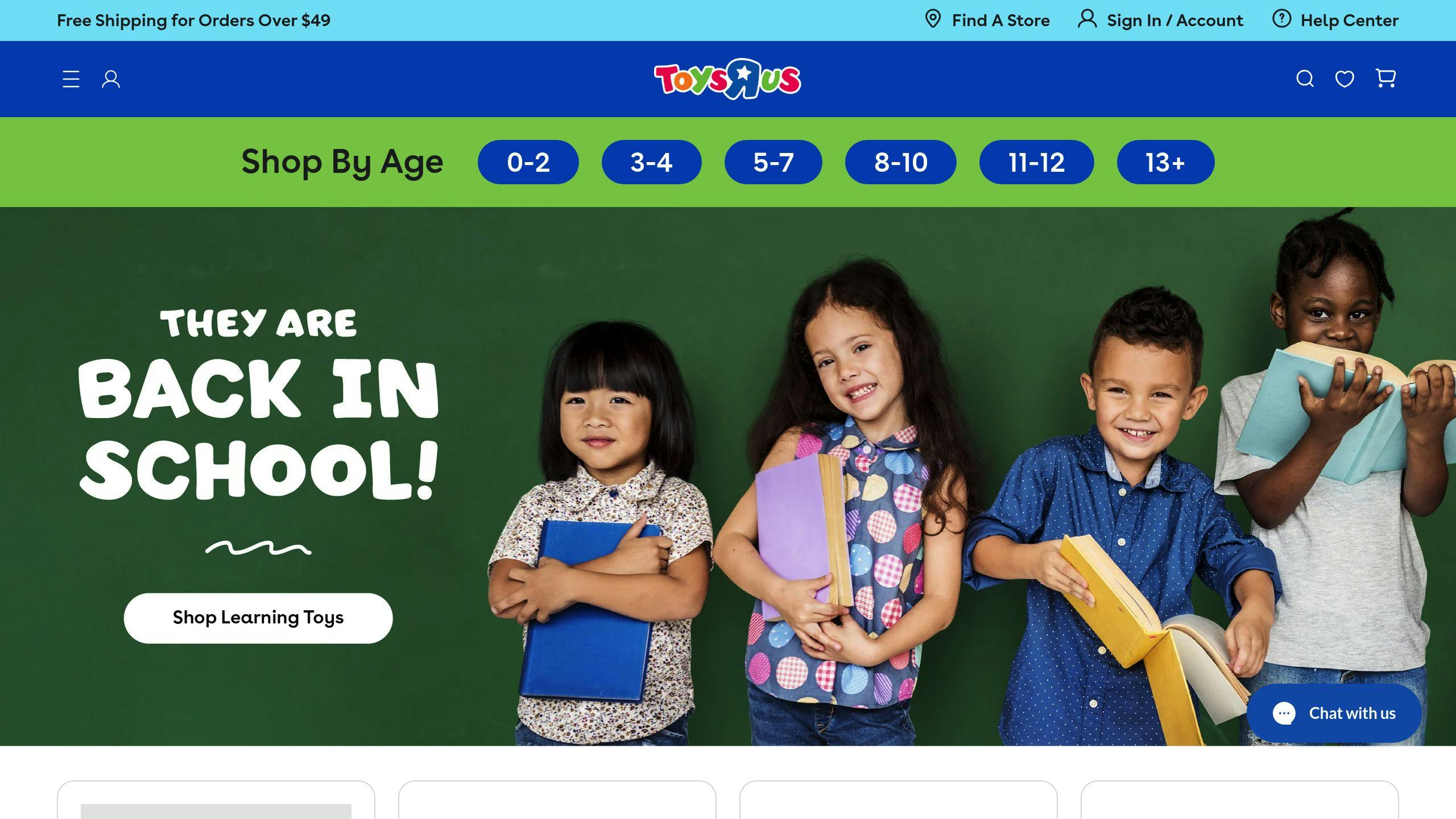
Toys R Us is suing ZAZA R US, a Brooklyn cannabis shop, for trademark infringement. Why? ZAZA R US copied Toys R Us’s logo, swapping the star for a cannabis leaf.
Legal Battle and Industry Impact
The lawsuit’s in full swing:
- Toys R Us sent a cease and desist in January 2023
- ZAZA R US ignored it
- A judge says Toys R Us can move forward
Toys R Us wants:
| What | Why |
|---|---|
| Stop ZAZA R US | No more using Toys R Us’s brand |
| Money | Damages, profits, royalties |
| Extra cash | Legal fees |
This isn’t just about toys and weed. It’s a wake-up call for the cannabis industry:
- Don’t copy famous brands
- Create your own look
- Be ready for legal fights
A legal expert put it bluntly:
"I suspect that whatever fun ZAZA R US was having with its branding is over in the face of an army of serious intellectual property lawyers."
This case could set the rules for how federal trademark law works in cannabis. The message? Be original, or get sued.
5. Starbucks vs. Starbuds Flowers Case
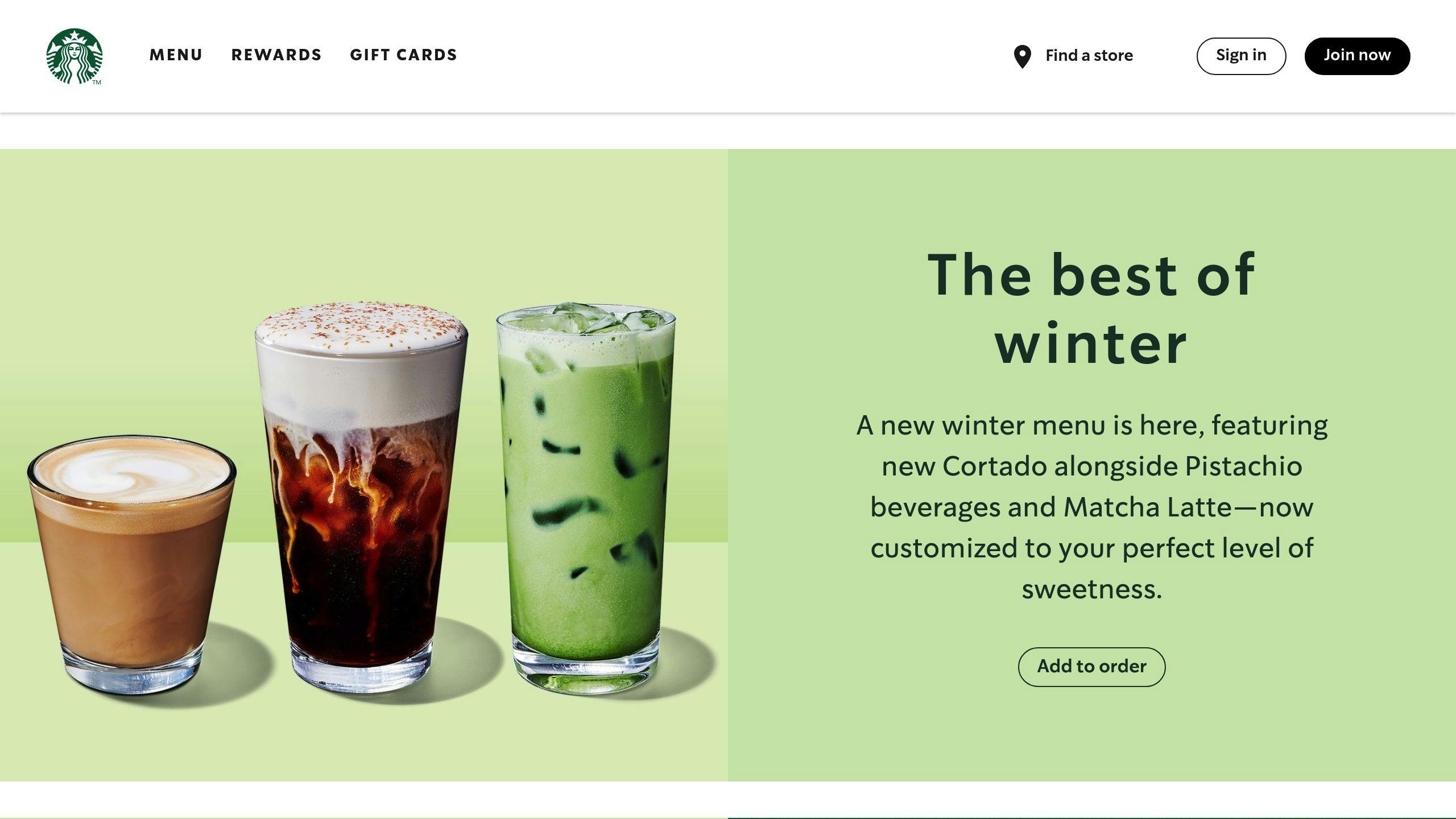
Starbucks isn’t happy with Starbuds Flowers. On June 28, 2023, they sued the cannabis company in New York. Why? They think Starbuds is copying their brand.
Here’s what Starbucks is upset about:
| What | How It’s Similar |
|---|---|
| Logo | Green circle, looks like Starbucks’ |
| Name | Sounds like "Starbucks" |
| Image | Woman with crown (like Starbucks’ mermaid) |
| Products | Joints with a similar logo |
Starbucks didn’t just jump to a lawsuit. They:
1. Sent warning letters
2. Complained to New York’s cannabis office
3. Filed a big lawsuit
What does Starbucks want? They’re asking the court to:
- Shut down Starbuds Flowers
- Give Starbucks all of Starbuds’ profits
- Destroy products with the copycat logo
A Starbucks rep said:
"We’ve built our brand for 50+ years. We’ll act when others misuse it."
This case is a wake-up call for cannabis companies. The message? Create your OWN brand. Don’t copy others, or you might end up in court.
sbb-itb-430f9b7
6. Ferrara Candy Company vs. Cannabis Edibles Maker Case
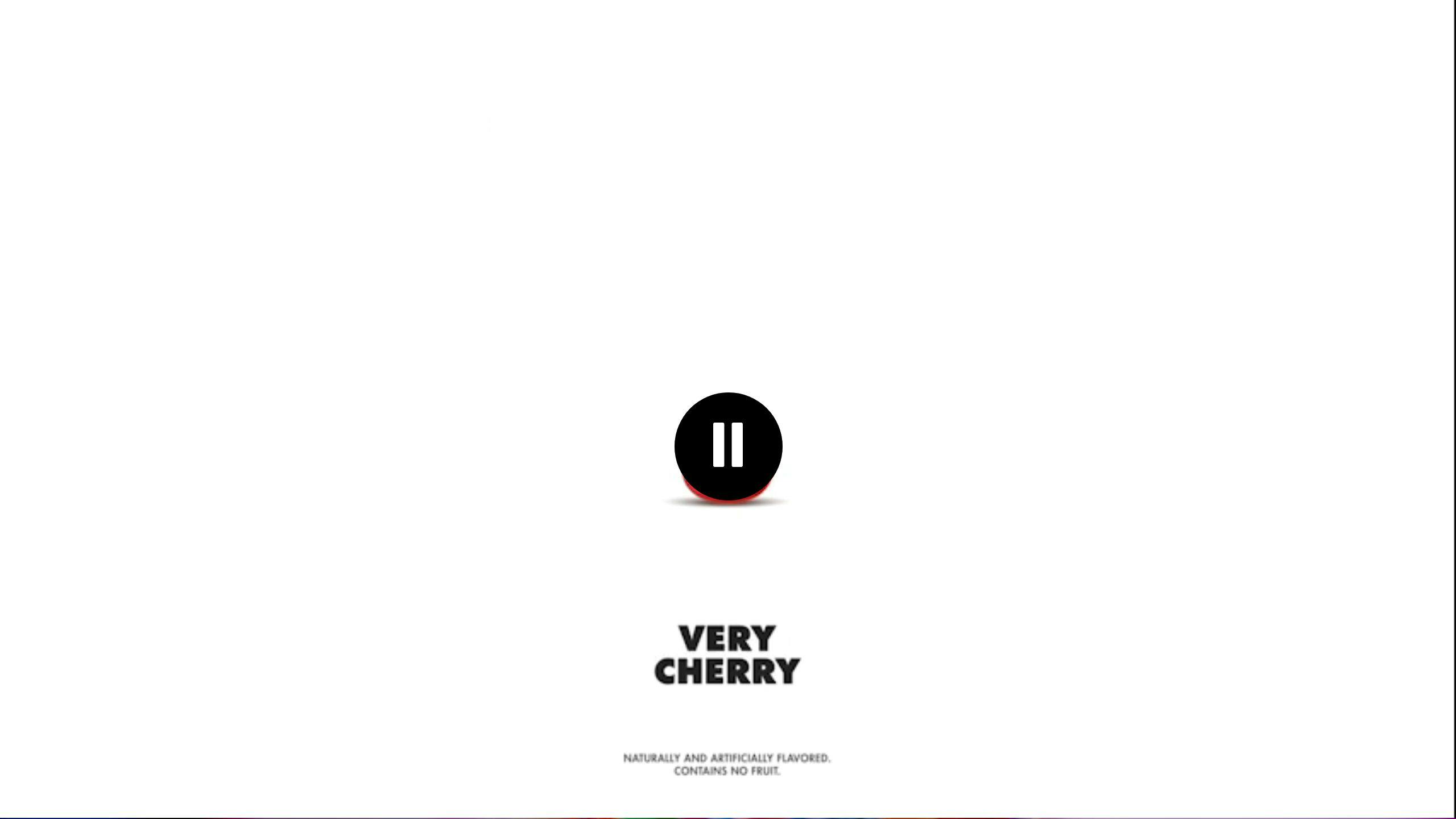
In May 2022, Ferrara Candy Company sued Top Five Wholesale over THC-infused edibles that looked like popular candy brands. This case shines a light on trademark issues in the cannabis world.
Here’s the quick rundown:
| Who | What | When | Result |
|---|---|---|---|
| Ferrara Candy Company | Sued Top Five Wholesale | May 31, 2022 | Won on March 20, 2023 |
The court said Top Five copied Ferrara’s stuff – names, packaging, logos. You name it. They had to stop selling, trash their stock, and hand over all the cash they made.
Why It’s a Big Deal
This isn’t just about candy. It’s about kids’ safety. These THC treats packed a punch – up to 600mg of THC. That’s like 60 adult doses in one package.
The FDA’s numbers are scary:
- 10,448 THC edible exposures from January 2021 to May 2022
- 77% were kids and teens
- 65% were accidents
Samuel Levine from the FTC put it bluntly:
"Companies must ensure that their products are marketed safely and responsibly, especially when it comes to protecting the well-being of children."
Some states are slapping warning labels on edibles. But will kids read the fine print on what looks like candy?
What Cannabis Companies Need to Do
- Make your own look – don’t copy candy
- Use packaging kids can’t open
- Warn about THC clearly
- Follow your state’s rules
This isn’t a one-off. Similar lawsuits are popping up all over. With cannabis sales hitting $30 billion a year, companies need to play it smart and safe.
7. Wrigley vs. Terphogz LLC (Zkittlez) Case
Wrigley took Terphogz LLC to court over the "Zkittlez" name. Why? They thought it was too close to their "Skittles" candy brand.
Here’s what happened:
- Wrigley sued in May 2021
- They claimed trademark infringement
- It’s part of a bigger trend: big brands vs. cannabis companies
What Came Out of the Settlement?
| Terphogz Can’t Use | Terphogz Must Do |
|---|---|
| "Skittles" or "Zkittlez" | Give up zkittlez.com |
| "Taste the Z Train" slogan | Tell vendors to ditch Zkittlez stock |
| "Taste the Strain Bro" slogan | Drop trademark applications for their logo |
Terphogz CAN use the letter "Z" – but only if it won’t confuse people.
What This Means for Cannabis Companies
- Don’t copy famous brands
- Check if your name’s already taken
- Think ahead when picking names
Bottom line? The cannabis industry needs to wise up about branding. As the market grows, so does the risk of legal trouble.
Common Themes in Cases
Big brands vs. small cannabis companies. That’s the typical setup in cannabis trademark battles. Let’s break it down:
Trademark Tactics and Defenses
Big brands attack:
- Claim trademark infringement
- Argue consumer confusion
- Protect brand image
Cannabis companies defend:
- Claim unique branding
- Point to state-level legality
- Try to disprove confusion
Real cases tell the story:
1. Wrigley vs. Terphogz LLC (Zkittlez)
Wrigley sued over "Zkittlez". The result?
| Terphogz Can’t Use | Terphogz Must Do |
|---|---|
| "Skittles" or "Zkittlez" | Give up zkittlez.com |
| "Taste the Z Train" slogan | Stop vendor Zkittlez sales |
| "Taste the Strain Bro" slogan | Drop logo trademark applications |
2. Wrigley vs. Steven Mata (OC420)
Wrigley won. Mata sold "Medicated Skittles" and "Medicated Cannaburst Gummies". The court:
- Found Mata guilty
- Ordered product destruction
- Fined $2 million per counterfeit mark
3. Toys R Us vs. ZAZA R US
Toys R Us sued ZAZA R US, claiming:
- Goodwill exploitation
- Similar signage use
They want ZAZA R US to stop and pay up.
Key Takeaways:
- Big brands protect trademarks aggressively
- Cannabis companies often lose
- Courts favor established brands
- Parody doesn’t work commercially
"Parody is NOT a defense to trademark infringement in this type of commercial context." – Lexology
What Cannabis Companies Should Do:
- Be careful with naming
- Don’t copy famous brands
- Create unique branding
- Consult IP lawyers
As cannabis grows, so do legal risks. More states legalizing? Expect more trademark fights.
Key Court Decisions
Cannabis trademark litigation has exploded. Let’s look at the court rulings that are shaping the game.
The Legal Landscape Shift
1. Federal Law Still Trumps
In Kiva Health Brands LLC v. Kiva Brands Inc., a California court tossed out a cannabis edibles company’s trademark claims. Why? Cannabis is still federally illegal. The court said:
"At a high level, the goods are related: they’re both food items. But look closer, and they’re quite different."
2. Delta-8 THC Gets a Win
The Ninth Circuit Court of Appeals gave delta-8 THC products trademark protection in AK Futures LLC v. Boyd Street Distro, LLC. They said delta-8 THC falls under the Farm Act’s "hemp" definition. This could be huge for cannabis businesses.
3. Parody? Nice Try
In WM. Wrigley Jr. Company v. Roberto Conde, et al., the court slammed Steven Mata for selling "Medicated Skittles." The verdict? Harsh:
- Guilty of trademark infringement and counterfeiting
- Must destroy all infringing products
- Owes $2 million per counterfeit mark, plus Wrigley’s legal costs
4. Watch Your Marketing
The Trademark Trial and Appeal Board (TTAB) denied "Bakked" trademark applications in In re National Concessions Group, Inc. Why? The product was marketed as a dabbing tool, which the TTAB saw as drug paraphernalia.
5. Courts Get More Power
In BBK Tobacco and Foods LLP v. Central Coast Agriculture Inc., the Ninth Circuit said district courts can now refuse pending trademark applications. Before, only the TTAB could do this.
| Court Decision | What It Means |
|---|---|
| Kiva Health Brands LLC v. Kiva Brands Inc. | Federal law blocks cannabis trademarks |
| AK Futures LLC v. Boyd Street Distro, LLC | Delta-8 THC can get trademark protection |
| WM. Wrigley Jr. Company v. Roberto Conde, et al. | Parody doesn’t work as a defense |
| In re National Concessions Group, Inc. | Marketing can kill your trademark application |
| BBK Tobacco and Foods LLP v. Central Coast Agriculture Inc. | Courts can now reject pending applications |
The takeaway? Cannabis trademarks are a legal minefield. Some doors are opening, but federal law still looms large. Get expert legal help to navigate this mess.
Tips for Cannabis Companies
Creating Unique Brand Names
Cannabis companies face a challenge: building a strong brand while navigating tricky trademark laws. Here’s how to do it right:
1. Don’t copy big brands
It’s tempting, but it’s a bad idea. Just ask Steven Mata. He tried selling "Medicated Skittles" and Wrigley sued him. The result?
- $2 million fine per counterfeit mark
- All infringing products destroyed
- Mata had to pay Wrigley’s legal costs
Ouch.
2. Get creative with names
Make up new words or use existing ones that have nothing to do with cannabis. Some good examples:
- Canopy: Short, easy to remember, and easy to trademark
- Blissiva: Sounds relaxing without mentioning cannabis
3. Do your homework
Before you fall in love with a name:
- Check the USPTO database
- Look for state trademarks where cannabis is legal
- Google it to spot potential issues
4. Be smart about registration
| What to do | Good stuff | Not-so-good stuff |
|---|---|---|
| Federal (non-cannabis goods) | Protection across the US | Only for related products |
| State (cannabis goods) | Some local protection | No rights across state lines |
5. Create sister brands
Make non-cannabis products to get federal trademarks:
- Dried herbs for cooking
- CBD products (less than 0.3% THC)
- Branded merch
Josh Gerben, who founded Gerben IP, says:
"Brand protection is important for all industries – including the marijuana industry."
6. Use solid contracts
Protect your ideas:
- Use strong NDAs before sharing
- Include who owns what in all agreements
7. Keep your eyes open
Watch out for copycats:
- Set up Google Alerts for your brand name
- Watch what competitors are launching
- If you see a problem, act fast
The cannabis trademark world is always changing. Keep an eye on federal laws and be ready to switch things up if needed.
What’s Next for Cannabis Trademarks
The cannabis industry is about to change big time. The DEA’s plan to move marijuana from Schedule I to Schedule III could shake up how cannabis companies protect their brands.
Here’s what might happen:
1. More trademark applications
Rescheduling could open the floodgates for cannabis trademark applications. Why? Federal trademark registrations for cannabis products might finally become a reality.
2. Easier brand protection
Right now, protecting cannabis brands nationwide is a headache. Rescheduling could change that, allowing companies to get federal trademark protection for their products.
3. It’s complicated
Don’t expect smooth sailing. The USPTO will need to figure out new rules, which could mean:
- Application processing delays
- New cannabis trademark guidelines
- Potential legal battles
4. State vs. Federal clash
Even if federal law changes, state laws still matter. This could create a messy situation for cannabis trademarks.
| Now | Future |
|---|---|
| No federal registration for cannabis goods | Possible federal registration for some cannabis products |
| State-level protection only | Potential nationwide brand protection |
| Focus on related goods and services | Direct protection for cannabis products |
5. Getting ready
Smart cannabis companies are:
- Filing trademarks for related, legal products
- Building brand recognition now
- Talking to trademark lawyers
6. Possible roadblocks
Even with rescheduling, some issues might stick around:
- Recreational cannabis could still be federally illegal
- The USPTO might face a flood of applications
- New legal challenges could pop up
The cannabis trademark world is changing fast. Companies need to stay sharp and be ready to move when the laws shift.
"There are a number of different strategies that cannabis companies can employ to obtain federal trademark registrations." – Matthew G. Miller, Lerner David
While we wait, cannabis businesses should:
- Keep building strong brands
- Stay on top of state and federal laws
- Be ready to file new trademark applications ASAP
The future of cannabis trademarks is up in the air, but it’s exciting. Companies that prepare now will be in the best spot to protect their brands when federal laws change.
Conclusion
The cannabis trademark world is changing fast. As the industry grows, so do legal battles over brand protection.
Here’s what we’ve learned:
Big brands are suing cannabis companies for similar names or logos. Courts usually side with established brands. To avoid lawsuits, cannabis companies need unique branding.
Recent cases show the risks:
| Case | Outcome | Impact |
|---|---|---|
| Starbucks vs. Starbuds | Starbuds rebranded | Big brands win |
| Skittles vs. Zkittlez | Zkittlez dropped name | Copying famous marks is risky |
| Better Made vs. cannabis companies | Lawsuit ongoing | Using known logos is dangerous |
These cases prove that copying isn’t worth the legal trouble. Cannabis companies must create original brands to stay safe.
As the industry grows, trademark strategies are evolving:
- Focus on state-level protections where cannabis is legal
- Register trademarks for related, legal products
- Prepare for potential federal changes
"Cannabis companies can use different strategies to get federal trademark registrations." – Matthew G. Miller, Lerner David
The future of cannabis trademarks is unclear. But companies with strong, unique brands will be ready for whatever comes next.

